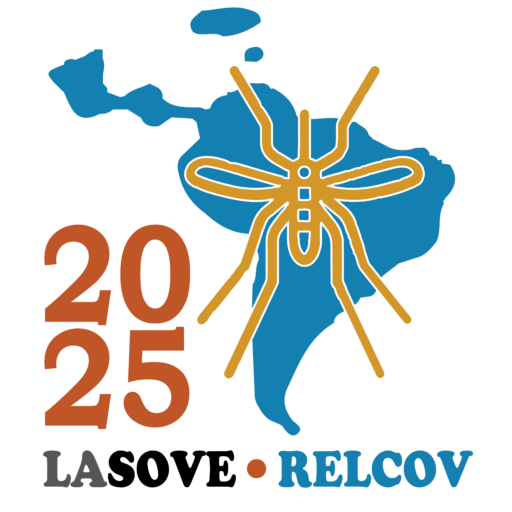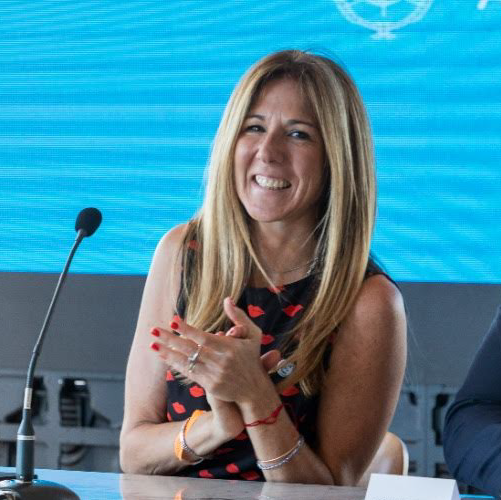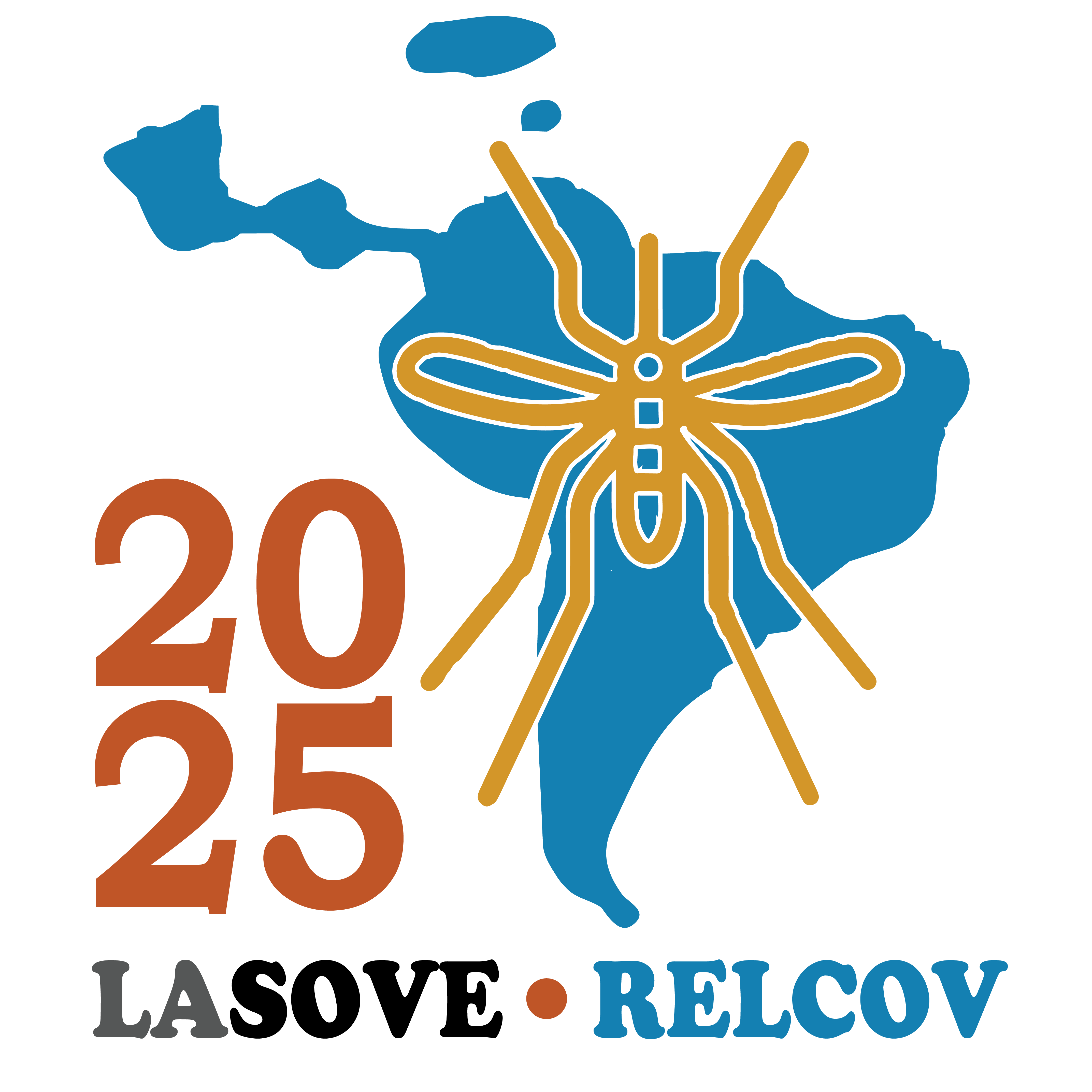Conferencia Dra. Santini
CONFERENCIA
Science in the service of Health: Making the Invisible Visible, Managing Parasites in a Virus-Driven Agenda
Dra. Soledad SANTINI


Dra. Soledad Santini
Dra. en Ciencias Naturales (UNLP)
Directora del Instituto Nacional de Parasitología «Dr. Mario Fatala Chabén (INP-ANLIS) – Ministerio de Salud de la Nación, Argentina
María Soledad Santini es Dra. En Ciencias Naturales de la UNLP. Actualmente es Directora del Instituto Nacional de Parasitología “Dr. Mario Fatala Chabén” (INP-ANLIS, Ministerio de Salud de la Nación, Argentina) y del Centro Colaborador OPS/OMS para Chagas y otras enfermedades parasitarias, con amplia experiencia en gestión científica, cooperación internacional y formación de recursos humanos en salud.
Es Investigadora Principal en ANLIS-Malbrán, Investigadora Independiente del CONICET y Profesora de Biología de Vectores en la Maestría en Microbiología (ANLIS-UNSAM). También mantiene vínculos académicos como Investigadora Asociada en la Universidad Nacional de Tucumán (INSUE, Instituto Miguel Lillo).
Desde 2024 integra el Grupo de Expertos Externos (EEG) de la OMS, participando en la evaluación y asesoramiento sobre enfermedades parasitarias a nivel global.
Comprometida con la ciencia y la política pública, forma parte de la Red Argentina de Investigadoras e Investigadores de Salud (RAIIS), la Red de Mujeres en Diálogo Ambiental y la Mesa Federal de Ciencia y Técnica, impulsando la integración de la investigación con la toma de decisiones en salud y ambiente.
Créditos de las imágenes utilizadas en esta página web
| Las imágenes de las personas miembro de los distintos comités de LA SOVE RELCOV 2025 así como las imágenes de los/as oradores/as fueron provistas por las mismas personas para uso exclusivo en esta página web. Los/as autores/as de estas imágenes se reservan el derecho de uso y reproducción de las mismas.
